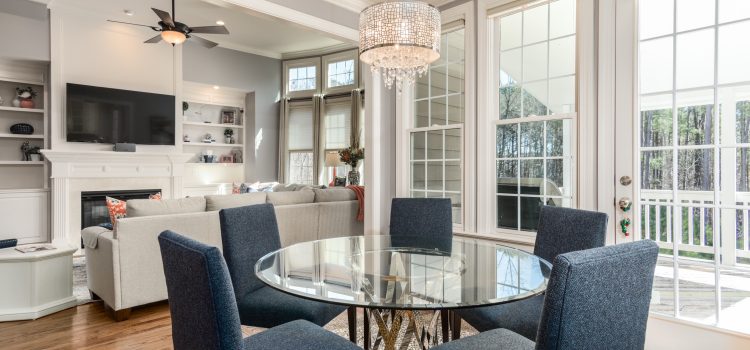
Are you considering a real estate lease option, but feeling overwhelmed by the complexities involved? You’re not alone! From negotiating terms to managing risks, navigating this process can be daunting. But fear not – in this blog post, we’ll break it all down for you and provide expert tips on how to strike that perfect balance between risk and reward. So grab a cup of coffee, get comfortable, and let’s dive into the world of real estate lease options together!
The pros and cons of lease options
The main pros and cons of lease options include:
1. Pros of lease options:
-Lease options can provide flexibility and control when purchasing a property.
-They can be a cheaper alternative to buying outright, especially if the option to renew is available.
-Some lease options may allow the tenant to make small repairs or modifications to the property, which can add value over time.
-Depending on the terms of the lease, it may be possible to sublet or sell the property before it expires.
-Lease options may protect your investment in case of unexpected circumstances (such as a market correction).
2. Cons of lease options:
-There are typically more risks associated with leasing than buying outright – for example, if you don’t meet your obligations under the lease agreement, you could lose your property.
-You may have to pay higher rates for leases than you would if you bought outright, as landlords can charge higher commission fees.
-If you decide to sell or sublet the property before it expires, you may have to bear any taxes and fines that have been imposed on the property since it was leased.
-Depending on the terms of the lease, you may not have absolute freedom to use or alter the property as you wish – for example, restrictions may be placed on how many people can live in a particular unit or how much noise they can make.
How to choose the right lease option for your business
As a business owner, you want to make sure that you are making the best decision for your company when it comes to real estate lease options. There are a lot of different lease options out there, and it can be difficult to know which one is right for your business. Here are some tips on how to choose the right lease option for your business:
1. Consider Your Business Goals
One of the first things you need to do is figure out what your business goals are. Are you looking to save money on rent? Are you looking for more space? You need to decide what is most important to you in order to make an informed decision about which lease option is best for your business.
2. Understand Your Lease Term
Next, you need to understand the length of your lease term. This will help determine which lease option is best for your business. Some lease terms are short-term (under one year) while others may be longer (over three years). It’s important to consider how long you think your business will stay in the location and what type oflease term would work best for your situation.
3. Consider Your Financial Situation
Another thing to consider when choosing a real estate lease option is your financial situation. How much money can you afford to pay in rent each month? How much money do you want to put into the property each month? These are important questions that will affect which lease option is best for your business.
Factors to consider when negotiating a lease
When negotiating a lease, it is important to consider a variety of factors, such as the property’s location and size, the tenant’s needs and wants, and the landlord’s budget. Here are three tips for navigating these complexities:
1. Do your research: The first step in any lease negotiation is understanding what you’re dealing with. Research the property you’re interested in and its surroundings so that you can better understand your options and make an informed decision about what will work best for you.
2. Get creative: Don’t be afraid to be flexible when negotiating a lease. If you think something might work better for you than what’s on the table, be sure to ask your landlord if there are any ways to make that happen. And don’t be afraid to walk away from a deal if it doesn’t feel right – sometimes landlords are more willing to negotiate once they know you’re serious about finding something that works for both of you.
3. Be patient: It can take some time to find the perfect lease agreement – but patience is key when it comes to leasing a property. And remember: no matter how long it takes, always stay positive and polite throughout the negotiation process!
Conclusion
When you’re evaluating your options for purchasing or leasing a property, it’s important to be aware of the many lease options available and their respective risks and rewards. By understanding your options, you can make an informed decision that will benefit both yourself and the partyyou’re working with. Thank you for reading!










